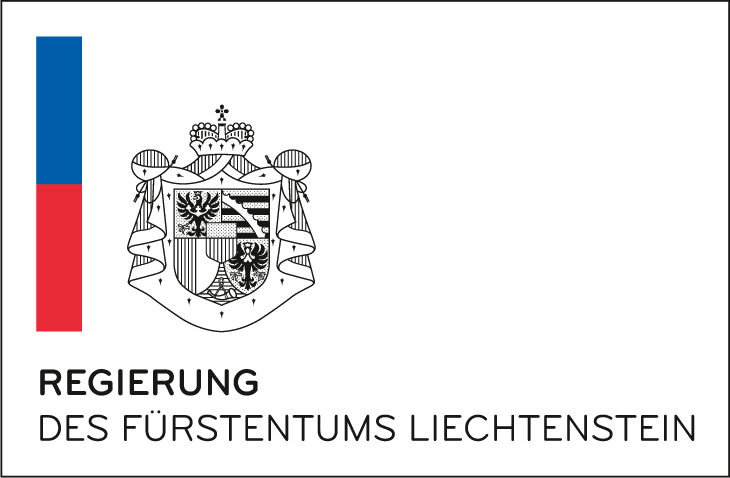According to a new report published as part of the PACTA 2020 coordinated climate assessments, Liechtenstein’s financial sector is misaligned with the goals of the Paris Agreement, despite rising awareness of climate change among financial institutions.
About the PACTA 2020 Initiative
One of the goals of the Paris Agreement is to make financial flows consistent with a low-carbon pathway. To support these efforts, 2DII has been working with a number of European governments to measure the alignment of their financial sectors with the Paris climate goals and to help financial institutions direct their investments towards climate-friendly pathways.
This initiative, known as the “PACTA 2020” coordinated climate assessments, was spearheaded by Switzerland and the Netherlands at the UN Climate Action Summit 2019. Since then, the governments of Austria, Denmark, France, Italy, Liechtenstein, Luxembourg, Norway, Portugal, Spain, and Sweden have also indicated interest in initiative. Already, Switzerland and Austria have carried out the assessments, followed by Liechtenstein in late 2020.
What we did
In total, this report analyzes over 77,000 individual holdings from more than 100 equity and corporate bond portfolios held by Liechtensteiner financial institutions. The assessment seeks to answer three questions:
- What is the current exposure of the Liechtenstein financial sector to climate-relevant sectors and technologies?
- What is the forward-looking alignment of the Liechtenstein financial sector with 2°C climate scenarios across key climate-relevant sectors and asset classes?
- What is the state of the art of financial institutions’ climate actions and how do these relate to the quantitative alignment results?
Key findings
The analysis found that participating financial institutions’ investments in certain sectors are still not aligned with a Paris-compatible pathway, though engagement with investees on climate issues is growing.
- For instance, 4% of the listed equity and 5-7% of corporate bond portfolios of participating financial institutions are invested in the direct extraction of oil and gas as well as coal mining.
- 2-8% of the aggregate Liechtenstein portfolios are exposed to the power sector, which is central to the low-carbon transition. However, the share invested in high-carbon power capacity is, on average, four times as high as the share invested in renewable capacity.
- In addition, Liechtenstein’s financial institutions are not on track to meet the required reductions in oil extraction and coal mining. In the case of coal mining, companies in which these financial institutions are invested are set to increase their production in the coming 5 years.
According to the qualitative survey of participating financial institutions, 88% of respondents reported that their organization had a climate-related target or was in the process of developing one. This compares to 69% percent of respondents in Switzerland who reported a climate strategy. The climate strategies most frequently employed by participants include engagement, coal exclusion policies, exercising voting rights, and best-in class investing. However, all the financial institutions that reported a coal exclusion policy still had holdings in coal mining or coal power.
Read the report here.
About our funders: This project has received funding from the European Union’s Life program under grant agreement LIFE19/NGO/SGA/DE/000040 for the development of the software infrastructure and methodology, as well as from the Principality of Liechtenstein.




